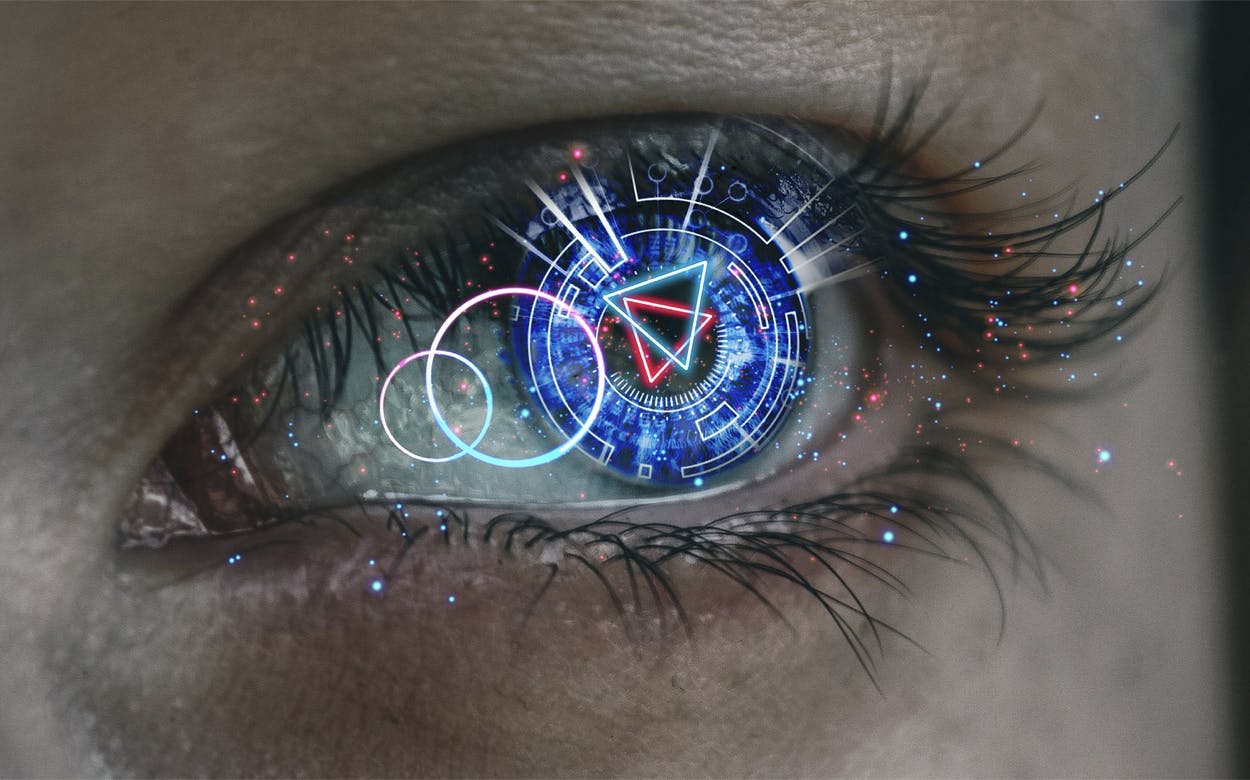Warning… your implant is no longer supported
What happens when implants fail, or when the chips inside them become obsolete and unsupported? What sounds like a good plot for a dystopian science fiction drama has now happened to Second Sight customers. Hundreds of people who received retinal implants to improve their vision face an uncertain future as the company—while on the verge of bankruptcy—abandoned the technology.

What happened?
According to an in-depth report by IEEE Spectrum, prosthetic vision devices made by Second Sight Medical have restored partial sight to more than 350 blind people in recent years. However, the company stopped supporting Argus II technology in 2019/20 after teetering on the brink of insolvency.
The financial problems resulted in Second Sight planning a merger with Nano Precision Medical, another biotechnology company, to circumvent complete financial ruin. But the problem is: The goal of the merger is to focus on a brain device called Orion that also provides artificial vision. Yet there were no plans to support Argus II patients.
After the article came to light, the BBC reached out to Adam Mendelsohn, CEO of Nano Precision Medical. Mendelsohn told the BBC to address the issue once the merger is completed.
Let’s give the company some credit: Supposedly, they want to take care of this issue in the future. However, this does not help the patients who have been having problems for the past two years. Although fatal product errors occurred, IEEE reports that many help desk contacts went unanswered. Meanwhile, the company has promised to provide "virtual support." Still, there will be no replacements or repairs, leaving patients with Second Sight Argus II retinal implants literally in the dark in the event of a failure.
Tech vulnerabilities and ethical considerations
Ross Doerr, a patient at Second Sight, sums up the dilemma perfectly: "It's a fantastic technology and a lousy company." As long as nothing goes wrong, everything is fine. But as soon as hardware or software goes on strike, the patients are screwed.
A company that claims to be using cutting-edge technology to improve the lives of blind patients may also be making their lives worse, letting them down because they are only in it for the profit.
This should not be a reality we have to deal with. No, this should be the script for a Black Mirror episode that highlights the dangers of relying on shareholder-focused private companies for critical medical products.
But let's not kid ourselves. We already know these situations from our everyday lives. We all have tech devices in our closets that no longer receive updates because of their age. We've even gotten used to failed smart door locks or intelligent connected dishwashers suddenly no longer working due to missing firmware upgrades. There is even an entire Twitter account dedicated to the blossoms of late capitalism and its love of smart devices. Its credo: As soon as something is connected to the cloud, you should expect problems.
We all know the drill. But as is so often the case, you need a widely-received critical event before you can talk seriously about proper technology assessment. This kind of technical vulnerability is somewhat okay when it comes to everyday end-user devices that have gone rogue and leave us staring at a black TV from our couch. But it's not okay in any critical scenario, whether it's energy supply, financial systems, or health applications such as a connected smart knee, artificial kidneys, brain implants, and other medical devices.
With the rise of high-tech, intelligent, and connected medical devices in healthcare, a discussion of autonomy, dignity, and accountability is desperately needed. General Tech-Manifestos such as the Copenhagen Letter, The Tech Pledge, or updated versions of the Hippocratic Oath certainly provide initial guidance.
The more we depend on software updates, proprietary methods and technologies, and commercially-balanced decisions by for-profit companies, the more we need to strengthen patients' rights. Whether it's through strict regulation, the use of open-source software, or other security measures that ensure patients can use the products even if the companies behind them stumble remains to be seen.